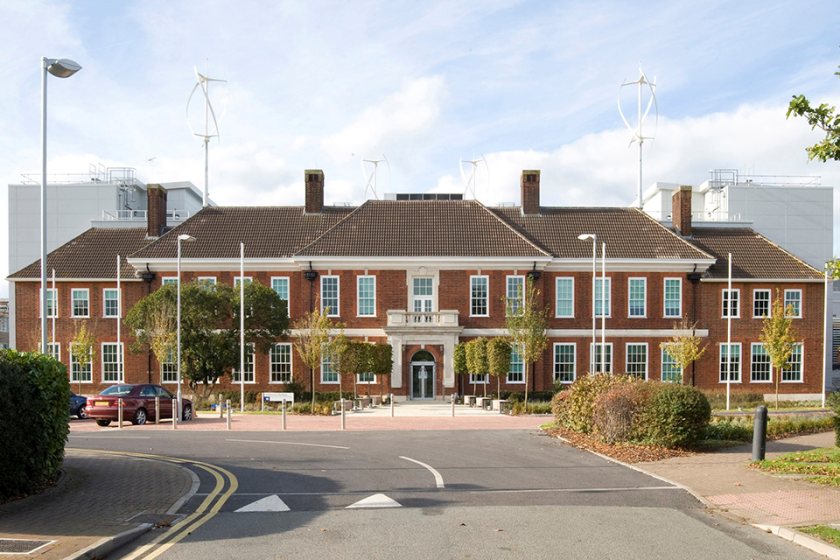
The government has been criticised for allowing facilities at the UK's primary site for managing threats from animal diseases to 'deteriorate'.
The National Audit Office (NAO), which scrutinises public spending for parliament, has today (15 June) warned that some facilities at APHA's Weybridge site were 'not fit for purpose'.
And failure by Defra to transform the Surrey animal health site could "limit the UK's ability to respond effectively to a major disease outbreak".
Some animal diseases have had major impacts on the UK, as demonstrated by outbreaks such as foot and mouth disease and avian influenza.
Defra leads policy on animal health in England and the Animal and Plant Health Agency (APHA) is responsible for investigating and responding to emerging outbreaks.
APHA also undertakes long-term research into animal diseases and supports trade in plants, animals and associated products.
The Weybridge site is the UK's primary centre for managing threats from animal diseases, but the NAO warned that ageing buildings were in need of major repair and replacement, and a lack of laboratory capacity was negatively affecting APHA's work.
Defra estimated in 2019 that the decline of Weybridge could lead to a total loss of capability within the next five to 10 years, leaving the UK vulnerable to future animal disease outbreaks.
But the NAO blamed Defra for 'under-investing' in the site, and the department's current short-term ‘patch and repair' approach was 'not sustainable'.
Investment to update facilities at Weybridge largely stopped following the 2008 financial crisis, and there is also a large maintenance backlog.
An estimated £197m of investment between 2020 and 2025 is required to maintain the site. For the 11 years from 2025-26, Defra expects its critical works programme to cost, on average, around £80m a year.
Defra took several years to set up the Science Capability in Animal Health programme, which will involve a major transformation of Weybridge.
This includes constructing a new science laboratory hub, upgrading infrastructure, and transforming the way the site operates.
Defra identified the need for substantial investment in urgent maintenance in 2015 but carrying out this maintenance highlighted that significantly more work was required. The Programme Business Case was agreed by the Treasury in November 2021.
Defra estimates that the programme will cost £2.8 billion. It initially estimated that £1.2bn would be needed but increased the figure in its 2021 business case after carrying out more detailed cost estimates and widening the programme's scope.
While the latest estimate reflects the risks in the programme better, there remains 'substantial uncertainty' around costs, the public spending body said.
Gareth Davies, the head of the NAO said: "Defra has allowed the Weybridge site to deteriorate to a point where major redevelopment is now urgently required.
"The Department has put in place many of the right measures to manage the redevelopment successfully, but it will need to navigate many risks to deliver a site that can protect the UK against animal disease outbreaks and demonstrate value for taxpayers."
What has the NAO recommended?
The NAO has identified four risks that Defra will need to manage during the programme's planning phase, which runs to 2024:
• Setting unrealistic costs and schedule estimates. Best practice is to express estimates at this early stage as a range, but Defra has used single point estimates in its 2021 business case.
• Not having the right staff. Failure to recruit the necessary skills (such as specialist technical and engineering skills) could impact on the delivery of the programme and increase costs.
• Ineffective arrangements with contractors. Failure to ensure contractors are working together with appropriate delivery incentives could result in higher programme costs.
• Ineffective management of dependencies. For example, it will be important to manage dependencies between the construction elements of the programme and the transformation elements.
